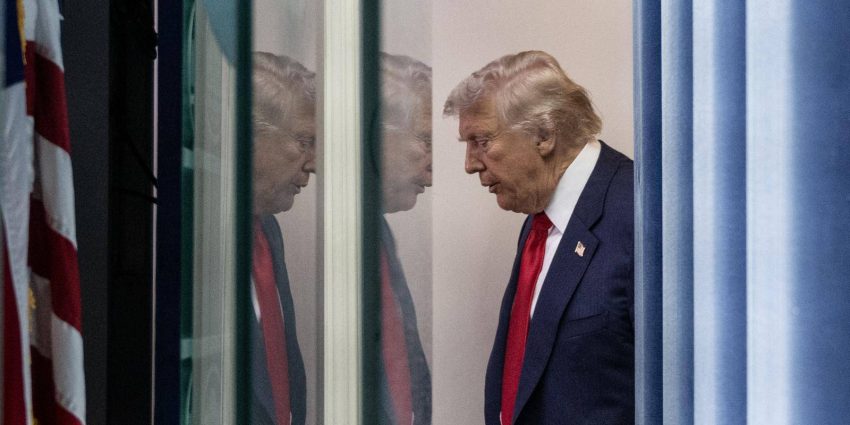As international conflicts intensify, President Donald Trump’s administration is taking decisive steps on the world stage, signaling both a hardline approach toward Russia and a controversial shift in global humanitarian policy.
Russia and Ukraine: Readiness for New Sanctions
Following a significant aerial barrage by Russia on Ukraine, President Trump expressed readiness to impose new sanctions on Moscow. The move underscores the administration’s willingness to respond firmly to escalating military aggression, signaling that the United States will continue to play an assertive role in supporting Ukraine while holding Russia accountable.
Analysts suggest that new sanctions could target key sectors of the Russian economy, potentially affecting energy exports, financial transactions, and defense capabilities. Trump’s stance reflects a broader strategy of leveraging economic tools to influence international behavior without direct military engagement.
United Nations: Reconsidering the Right to Asylum
In parallel, the Trump administration plans to advocate at the United Nations for a significant narrowing of the right to asylum. This policy shift would mark a departure from post-World War II humanitarian frameworks that have long protected individuals fleeing persecution, conflict, and human rights abuses.
Officials argue that the policy aims to prioritize national security and manage migration more tightly, though critics warn it could weaken protections for vulnerable populations and provoke international backlash. The proposal is expected to be debated in upcoming UN sessions, where human rights advocates and member states may push back on what they see as an erosion of long-standing global norms.
Balancing Power and Humanitarian Responsibility
Trump’s dual focus—applying sanctions on Russia while advocating changes to asylum rights—highlights the administration’s complex approach to international relations. On one hand, it demonstrates a willingness to wield economic and political influence; on the other, it raises questions about the balance between national interest and global humanitarian obligations.
Observers note that these actions could redefine the U.S.’s role in global governance, impacting diplomatic relations, international law, and the perception of American leadership abroad.
Conclusion
As tensions in Europe escalate and debates on migration intensify, the world watches closely. President Trump’s decisions in the coming weeks may have lasting implications—not only for Russia and Ukraine but also for the broader international community and the principles of humanitarian protection that have shaped global policy for decades.




